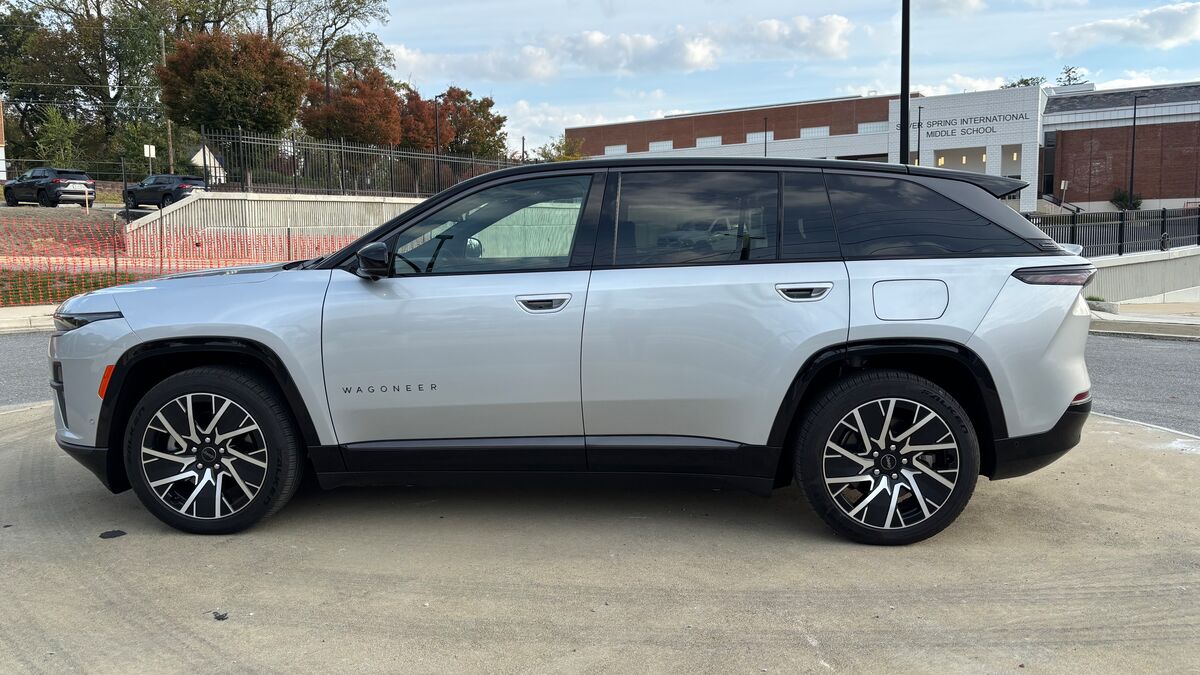
With the rebate and after delivery, buyers can pay as little as $36,880.
The average new car sold for $49,388 in January.
Altogether, that means buyers today can drive home in a new Tesla for $12,508 less than the average new car.
The Model 3 carried a lower price tag the day it was introduced. But, relative to the price of the average new car, Bloomberg reports, the current price tag is “the cheapest price Tesla has ever had relative to the typical U.S. vehicle.”
Tesla’s Big Price Cuts Are Changing the Industry
In January, Tesla slashed prices on all of its products. The most extreme of the cuts brought the price of a Model Y SUV – America’s best-selling electric car – down by 20%. The cuts came partially in response to new rules governing federal tax credits and an IRS decision that briefly classified the Model Y as a car, not an SUV.
The IRS later reversed itself, agreeing that even low-ground-clearance models like the Model Y can be considered SUVs (which allows automakers to charge more for them while still giving buyers the tax break). Tesla then raised prices slightly, but not enough to reverse the price cuts.
Other automakers responded, with Ford slashing prices on its Mustang Mach-E SUV and Lucid Motors offering discounts on its all-electric sedans.
EV Price Parity Is Coming
Auto industry insiders are now debating the moment at which electric cars cost roughly the same as gas-powered cars.
It isn’t here yet. In January, the average electric car sold for $58,725 – still more than $9,000 over the price of the average car. But that figure dropped more than 5% in the month of January alone thanks to the price-cut war Tesla started.
The average EV price is also inflated by the fact that most electric cars on the market today are luxury cars. That will change as the technology gets cheaper.
Almost everything gets cheaper as we build more of it. With more electric cars on the road every month, prices have begun a steep decline.
It may not be a smooth ride down. Federal rules governing the EV tax credits are due to change again, perhaps in as little as a week. Automakers are exploring new battery technologies that could be radically more efficient but upset supply chains and reshape costs again.
But automakers introduce new technologies to the luxury market first, bringing them to less-expensive cars as economies of scale make them cheaper to build. General Motors, for instance, builds its new Ultium EV batteries into just three cars today, all luxury models – the Cadillac Lyriq SUV and GMC Hummer pickup and SUV. But the company plans to bring it to mainstream models like the Chevrolet Silverado EV and Equinox EV next year, which will wear much lower price tags.
For now, however, the crashing prices of electric cars are mostly a Tesla phenomenon. And it’s never been easier to get into a Tesla.







